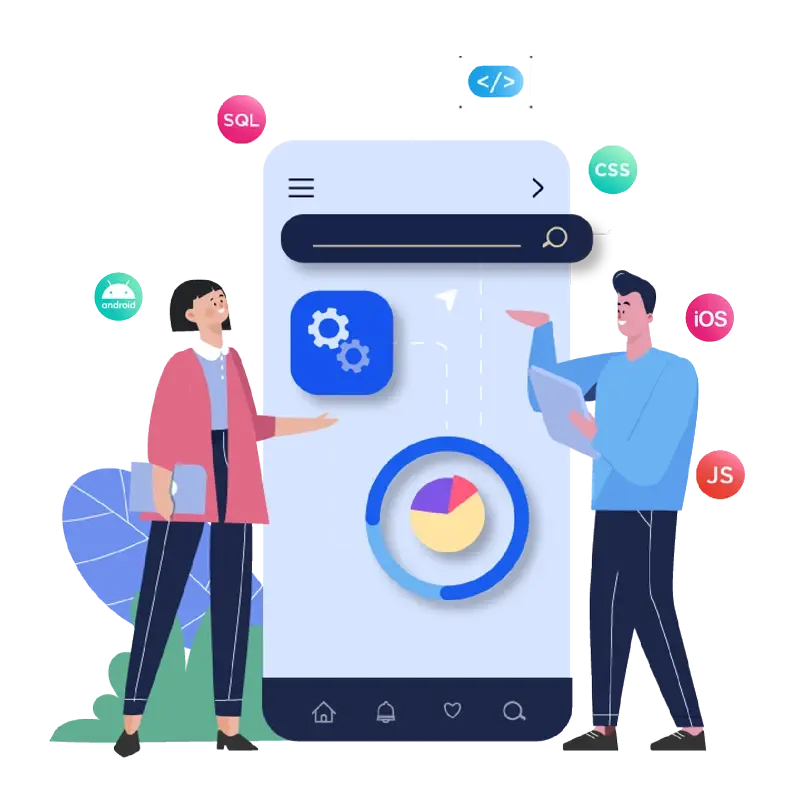What Are Hybrid Apps? – The Best of Both Worlds for Your Devices
In the ever-growing world of mobile applications, there are different types of apps that you can use: native apps, web apps, and hybrid apps. If you’re looking for an app that can run smoothly on multiple devices, whether it’s an Android, iPhone, or even a computer, then hybrid apps are what you’re looking for. But what exactly are they, and why should you care? Let’s break it down in simple terms.
What Is a Hybrid App?
A hybrid app is a combination of both native apps and web apps. Think of it as a “best of both worlds” solution. It looks and feels like a native app (the kind you download from the app store), but behind the scenes, it’s built using web technologies like HTML, CSS, and JavaScript (the stuff that powers websites). Because of this, hybrid apps can run on multiple platforms without needing to be built separately for each one.
Popular apps like Instagram, Twitter, and Uber use hybrid technology to ensure their apps run efficiently on all devices, saving time and money on development while delivering a consistent experience.

